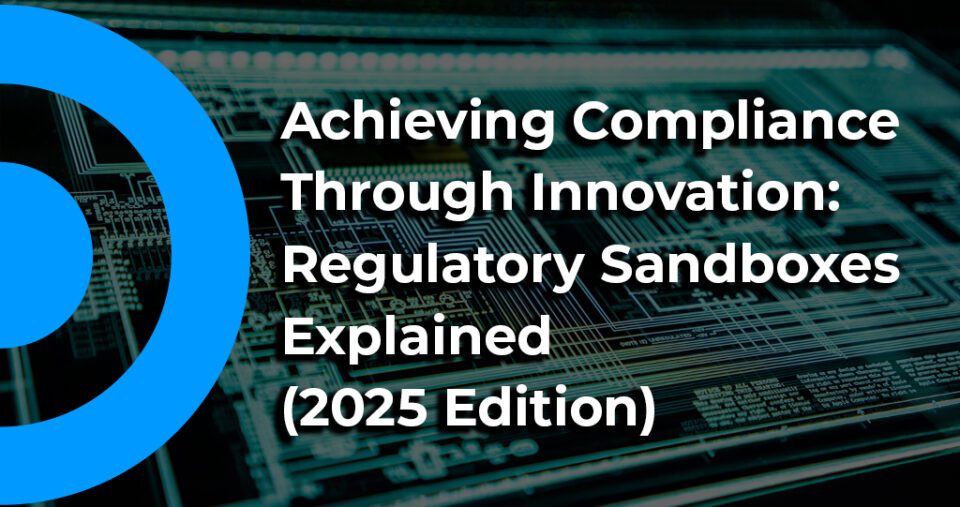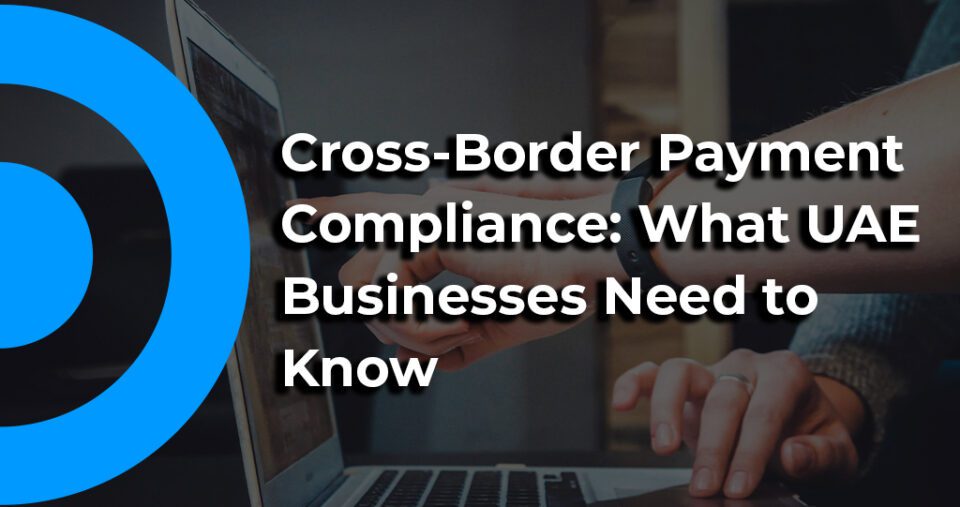
Establishing or Expanding a Payment Institution: 5 Key Challenges
December 28, 2020
Reducing the Risks of Insolvency for Payment Institutions
December 29, 2020Introduction
The EU is committed to its framework to fight money laundering and terrorist financing through the EU Anti-Money Laundering Action Plan; earlier this year, the European Commission published measures to enhance the framework, including a methodology for identifying high-risk third countries. The Action Plan the Commission developed is built on six pillars:
1.Ensuring the Effective Implementation of the Existing EU AML/CTF Framework:
The Commission expects member states to follow the rules and will be monitoring them closely. In the six months since the EU Anti-Money Laundering Action Plan was implemented, three members have been reported to the Court of Justice of the European Union and paid fines for non-compliance.
2. Establishing an EU Single Rulebook on AML/CTF:
The Commission has developed a single set of rules to prevent ML/TF (money laundering/terrorism funding) that all members must follow. These include digital customer identification and due diligence, as well as provisions on beneficial ownership registers and central bank account mechanisms.
3. Bringing About EU Anti-Money Laundering Action Plan Supervision:
One key factor in the Commission’s new plan is to ensure that all member states can be monitored centrally by them; monitoring the application of the rules at a national level was not effective enough. The Commission will provide help and support and supply new, relevant information to the member states as appropriate.
4. Establishing a Support and Cooperation Mechanism for FIUs:
The new plan will offer more support to financial intelligence units (FIUs). The Commission aims to improve cross-border information sharing, investigate potential fraud, and streamline the reporting process. They will also take over the management of the FIU.net tool to make it more user-friendly.
5. Enforcing EU-Level Criminal Law Provisions and Information Exchange:
This pillar aims to enhance the efficiency of cross-border criminal investigations. It encourages the sharing of information between the FIUs, law enforcement, and the private sector, and to enhance PPPs – public-private partnerships. We will provide support when information sharing raises concerns about data protection and privacy.
6. The EU’s Global Role:
As well as ensuring cohesion across the EU member states, the Commission takes its worldwide obligations seriously. It works closely with the Financial Action Task Force (FATF), and will guarantee that each member meets its requirements.
Along with the pillars, the Commission is producing several other tools to support the member states, including technical assistance, a list of high-risk third countries, and an autonomous methodology to assess the progress of each state’s implementation of the plan.
The European Commission aims to implement its actions in early 2021 and improve its AML/TF policy and action plan. Their plan seeks to enhance the EU’s approach to ML/TF both within each state and globally.



